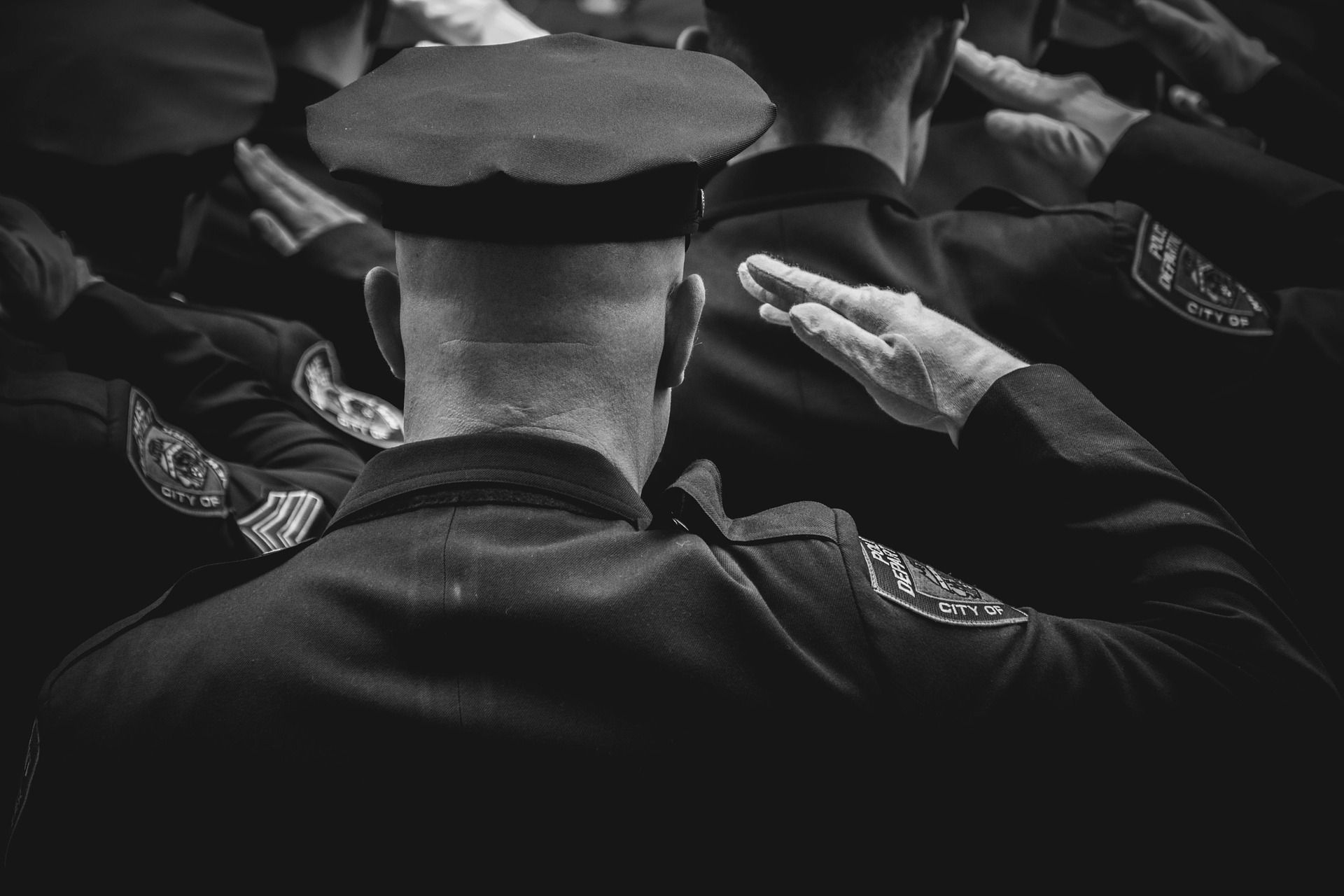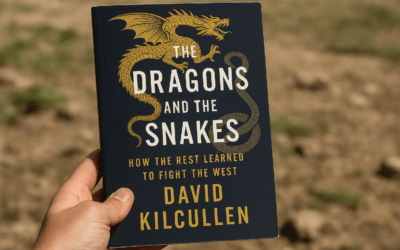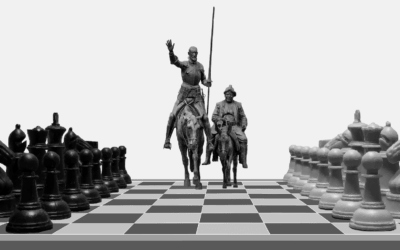EPISODE 5
SO YOU WANNA BE A COP?

Strong Language Warning–probably don’t play this out loud at work or around your kids!
Full disclosure, we actually recorded this episode a little while back when our buddy Isaac was getting ready for the police academy. We wanted to take advantage of the Q and A opportunity before he kicked off his career. We have some follow-up recordings in the works with Isaac so you can check in and see how he’s doing if you’re interested. We talk about Isaac’s stupid mustache, how defensive tactics apply to different martial arts (and vice versa), the academic nature of the police academy, and what not to do at parties.
We also touch briefly on donuts, and I gotta be honest (this is Mike typing), I went back to the place we criticized (unnamed of course) and they redeemed themselves–they’re actually pretty good. Now that’s two donut eating sessions I gotta work off, so I’m gonna go swing a kettlebell for an hour…
Like what we’re doing? Head over to Patreon and give us a buck for each new episode. You can also make a one-time contribution at GoFundMe.
Intro music credit Bensound.com
CLICK BELOW TO SUBSCRIBE NOW ON YOUR FAVORITE PLAYER
THANK YOU TO OUR SPONSORS! PLEASE GO CHECK THEM OUT
Recent Episodes
Teaching the Enemy: Lessons from The Dragons and the Snakes
From guerrilla warfare and liminal conflict to use-of-force doctrine and law enforcement tactics, this episode connects military theory to street-level realities. Are we in a new kind of war without even knowing it? And what are we teaching our opponents every time we act?
It’s Chess AND Checkers–Tactics and Strategy Unite!
Why do we focus so much on tactics and so little on strategy? In this episode, Mike and Jim tackle the divide between street-level action and big-picture thinking. Drawing on lessons from policing, the military, and community crime prevention, they explore how individual cops, community members, and leaders can influence criminal decision-making—not just react to it.
Topics include resource constraints, the Broken Windows theory, and strategies for shifting offender perceptions to prevent crime before it occurs.













0 Comments